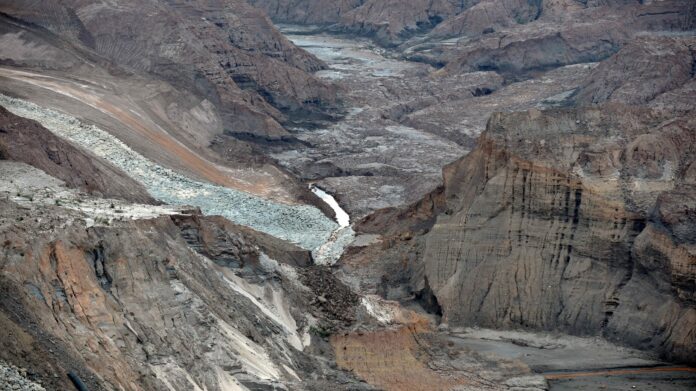
VALE, BHP and their joint venture Samarco were judged not to be criminally liable for the Fundao tailings dam collapse in 2015, said Reuters citing a decision today by a federal court in Brazil.
The dam collapse at an iron ore mine owned by Samarco near the city of Mariana in southeastern Brazil resulted in 19 deaths, left hundreds of people homeless, flooded forests and polluted the Doce River.
Judge Patricia de Carvalho ruled to clear the three miners and 21 people, including former executives, “due to the lack of proof of individual actions that would determine direct criminal responsibility for the disaster,” the court said.
Brazil’s Federal Prosecutors Office, which had filed the criminal charges, said in a statement it will appeal against the decision.
The ruling on criminal charges is separate from a $31.7bn civil settlement agreement disclosed in late October, which deals with framework obligations and other claims related to the dam failure, said Reuters.
The civil settlement agreement could end more than a hundred lawsuits against the mining companies in the South American country and possibly limit legal action abroad, three sources close to the matter have previously told Reuters.
BHP faces a lawsuit in the UK for the Samarco dam disaster, potentially facing $47bn in damages, said Reuters.
BHP, which is based in Australia, said on Friday morning local time that it was waiting to formally receive the Brazilian court ruling to assess implications and any next steps.
“This decision does not affect the ongoing class action trial in the UK, which BHP continues to defend as it duplicates the efforts already ongoing in Brazil,” BHP said.
A spokesperson for Vale said:
“The court’s decision reinforces that the company acted within the law and in compliance with environmental standards.”
Samarco said the ruling confirmed that it had always acted in accordance with current legislation.










